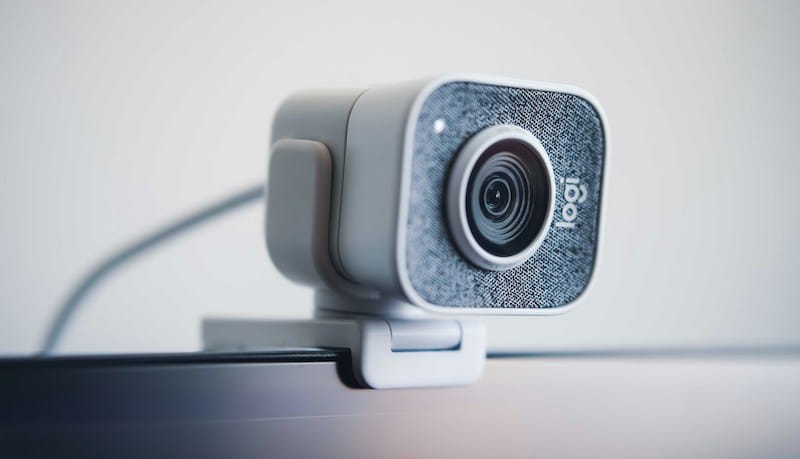The Continuing Suitability of Video Link Wills: A Legal Analysis by Lauren Slade
As the legal landscape continues to adapt to the challenges posed by the Covid-19 pandemic, the issue of video link wills has come under scrutiny. Lauren Slade, a maths graduate and aspiring barrister, has delved into the topic to explore the implications of this new method of executing wills.
The introduction of the Wills Act 1837 (Electronic Communications) (Amendment) (Coronavirus) Order 2020 allowed for the use of video link technology to facilitate the signing and attestation of wills when physical presence was not possible due to lockdown restrictions. While this measure was a necessary response to the unprecedented circumstances, it raises concerns about the validity and security of wills executed in this manner.
One of the key issues highlighted by Slade is the potential impact on testamentary capacity assessments. The traditional requirement for witnesses to be physically present during the signing of a will serves as a safeguard against challenges based on lack of capacity. However, with the use of video technology, the ability of witnesses to accurately assess the testator’s mental state may be compromised, leading to questions about the reliability of virtual observations in determining testamentary capacity.
Moreover, the remote witnessing of wills opens up new avenues for allegations of undue influence, fraud, and forgery. The lack of direct oversight during the signing process and the subsequent attestation by witnesses via video link create opportunities for malicious actors to manipulate the contents of the will or exert undue pressure on the testator. This raises concerns about the integrity of the will-making process and the potential for disputes over the validity of virtual wills.
As the legal community grapples with these challenges, the role of video link technology in the execution of wills remains a topic of debate. While it has provided a practical solution in times of crisis, the long-term implications for the validity and security of wills executed in this manner are yet to be fully understood. As aspiring legal professionals like Lauren Slade continue to explore these issues, the legal landscape may see further developments in the regulation of video link wills to ensure the protection of testators’ wishes and the integrity of the estate planning process.


